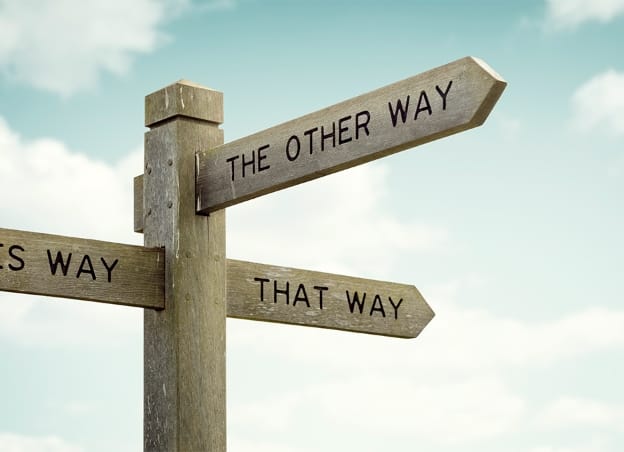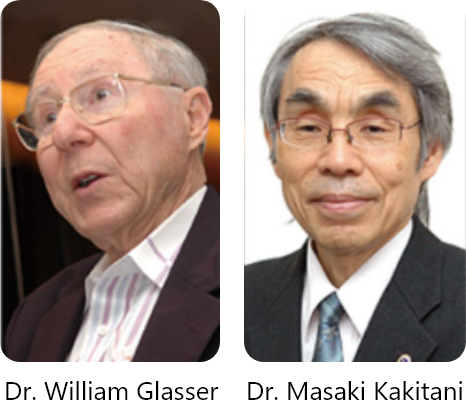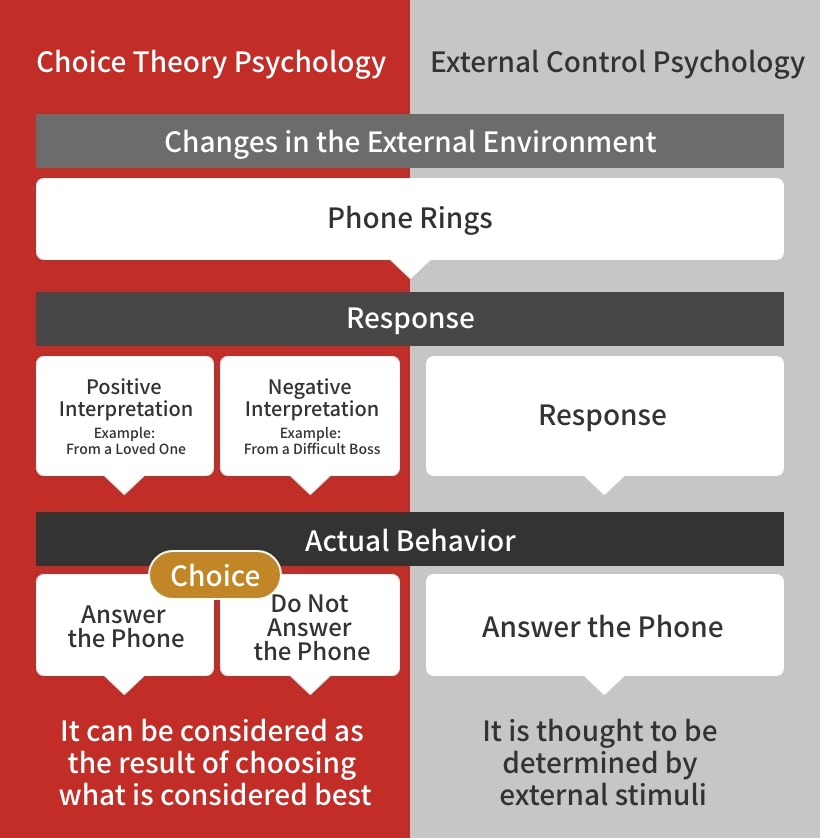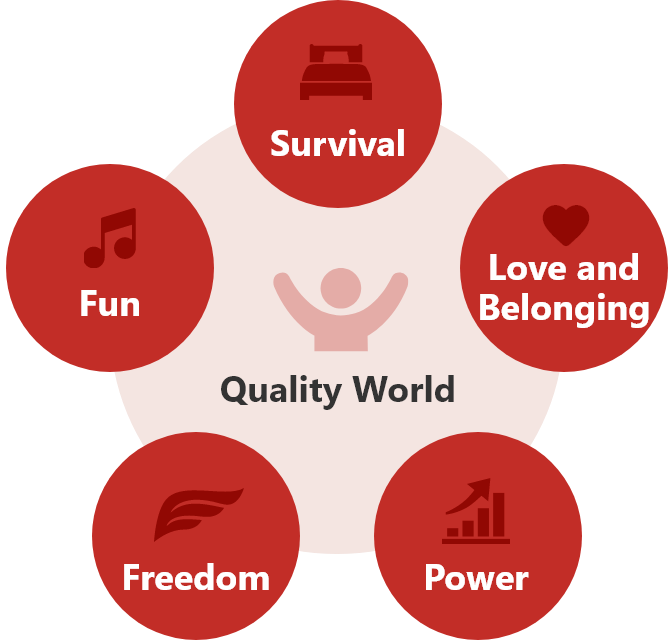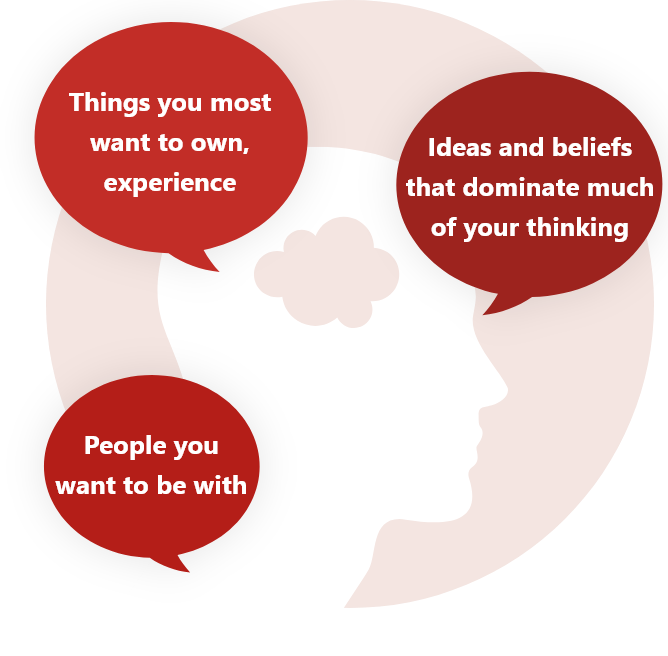What is Choice Theory psychology?
A practical psychology that unravels the mechanisms of human behavior.
Choice Theory psychology is a practical psychology that unravels the mechanism of human behavior. It is a new psychology advocated by American psychiatrist Dr. William Glasser. Since its publication 40 years ago, it has been widely disseminated in various countries around the world, and has been highly evaluated as a method for building better human relationships in environments involving various human relationships such as counseling, school education, organizations, and home environments.
In particular, counseling method “Reality Therapy” based on choice theory has spread mainly in the United States and Canada.
